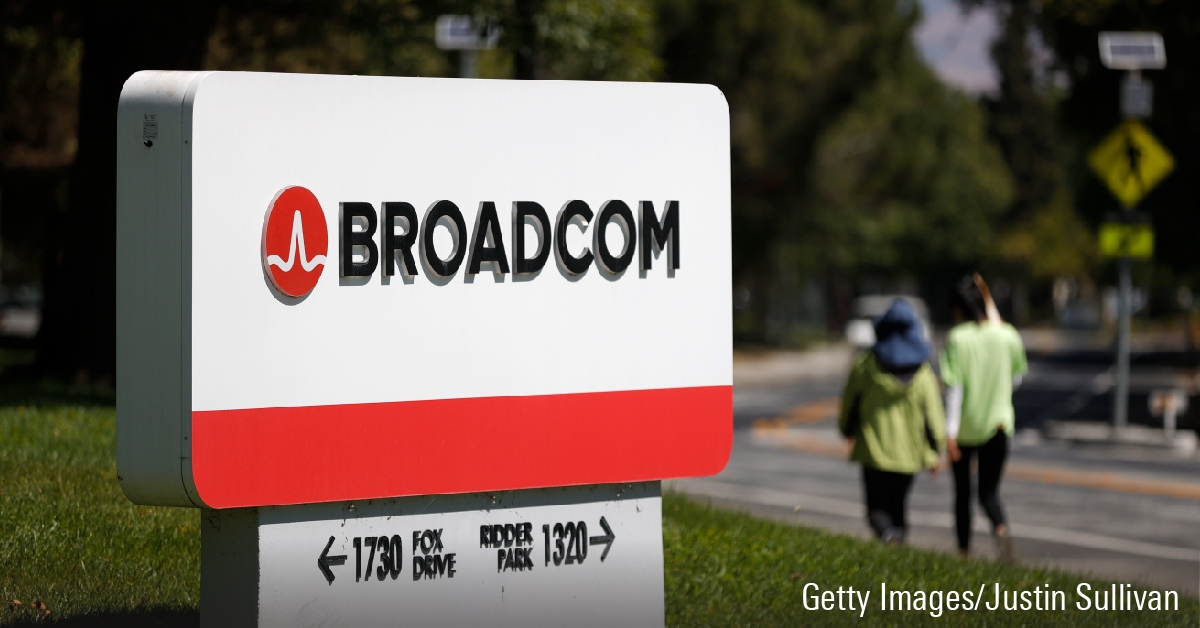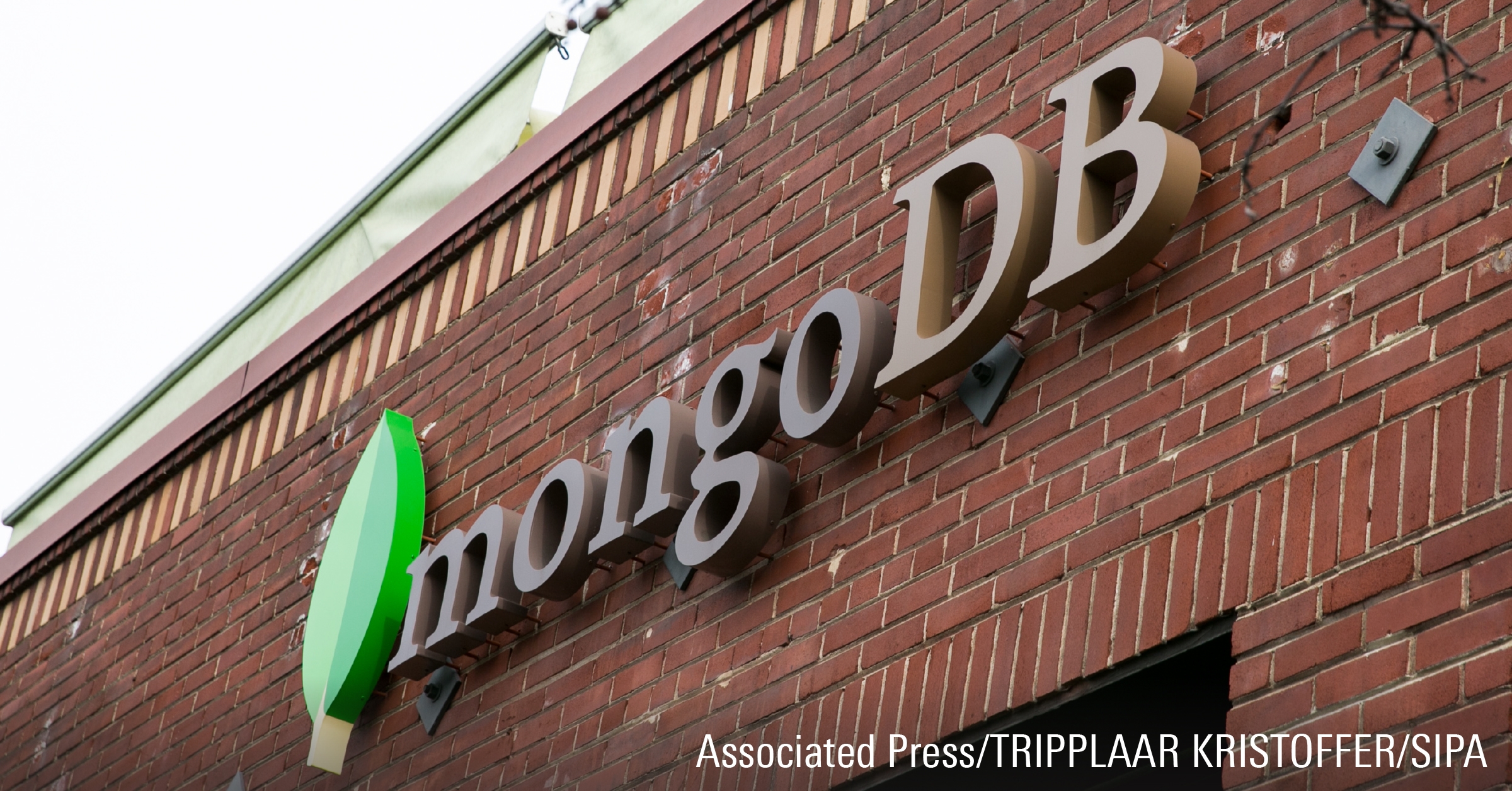Kim Shannon, lead manager of the $653-million Brandes Sionna Canadian Equity Class A  , is content to be a laggard when the markets race ahead.
, is content to be a laggard when the markets race ahead.
"When the market is weak or in decline, that's when we make our biggest gains," she says. "We tend to lag in hot, frothy, speculative, strongly up markets. Because we have a tendency to perform and protect in challenging times, we make it easier for investors to emotionally cope with the market's ups and downs."
Shannon is president, chief investment officer and founder of Toronto-based Sionna Investment Managers Inc. She also leads the equity mandate of Brandes Sionna Monthly Income Class A, whose domestic stock holdings mirror those in the Canadian equity fund. The fixed-income component is sub-advised by State Street Global Advisors Ltd.
Launched in July 2011, the monthly-income fund is designed for people nearing retirement or already living off their income. Shannon says the combination of a very conservative bond portfolio with low-risk Canadian equity "is a fund you can sleep with -- and a 4% distribution should be truly earnable."
Sionna's intrinsic value model combines extensive quantitative analysis with qualitative research to assess prospective stock picks. The screening process begins with a universe of companies that have a market capitalization above $200 million. Shannon says that represents about 700 stocks in Canada today.
The quantitative analysis is based on three key criteria. One is book value, where the focus is on companies trading below the long-term average book value of the S&P/TSX Composite Index.
The second metric is return on equity (ROE), with Sionna seeking companies that consistently produce strong profits and cash flow. The third is relative price to earnings, looking at a stock's valuation relative to the market, and whether it has tended to trade at a premium or a discount.
 |
|
 |
|
| Kim Shannon | |
 |
|
 |
|
 |
Subsequently, Sionna conducts in-depth reviews of the companies, including interviews with senior management. This qualitative process further whittles the names down to the characteristic 40 holdings in the fully invested portfolio.
Favoured individual stock holdings have gone as high as a 9% weight in the portfolio. Turnover tends to be low, roughly 20% annually on average.
Shannon considers today's market to be fairly priced by historical standards, with not a lot of cheap stocks available. Yet "there's always an opportunity to find a few names that are particularly unloved, beaten up, or on the bottom basement shelves."
The Sionna portfolios tend to stay close to the benchmark sector weightings. Still, Brandes Sionna Canadian Equity currently has an underweight position in financial services by more than five percentage points, largely due to below-market holdings of Canadian banks.
In Shannon's view, yield-oriented stocks have been bid up, and the stocks appear to be getting overpriced. She is also nervous about the "embedded risk in some fat-yielding equities out there."
A long-time favourite holding is Empire Foods Co. Ltd. EMP.A, which owns the Sobeys grocery franchise. The stock tends to move at different times from the broader market. "In 2008, when the market was double-digit negative," says Shannon, "I think its annual return for the year was over 10%."
At that time, Shannon and her colleagues trimmed their holding in Empire, and it's a good thing they did. In 2009, when the market rebounded, Empire "was probably their worst performing stock." Shannon considers the company an interesting counterbalance in a portfolio, "because people don't get excited about food retails in hot, frothy markets, but they cling to them in scary markets."
Shannon, a University of Toronto graduate, received a bachelor of science in zoology and anthropology in 1980. She went back to school, did summer co-op work, and then joined United Canada Insurance Co. in 1983 as a financial and administrative analyst. She completed her BA in commerce and economics through part-time studies and graduated in 1986.
In that same year, she joined Royal Insurance Co. of Canada as an analyst and trader. In 1993, she obtained an MBA from the University of Toronto. In 1995, she moved to AMI Partners Inc. as a partner and senior equity manager. At AMI, she began managing Spectrum's Canadian Investment Fund as a sub-advisor in October 1996.
Impressed with her work, Spectrum retained her services after she joined Merrill Lynch Investment Managers Canada Inc. in Toronto, in January 1999. Shannon was chief investment officer and senior vice-president at Merrill Lynch, which was bought by Canadian Imperial Bank of Commerce in early 2002. After the CIBC takeover, Shannon worked briefly for the bank's investment-management arm, while continuing to manage the Spectrum fund.
When CI took over Spectrum Investment Management Ltd. later in 2002, CI asked Shannon to stay on. Shannon launched Sionna in August 2002, with CI as her main client. In 2005, she was honoured as Morningstar Canada's Manager of the Year.
In 2006, Shannon terminated her relationship with CI to team up with the Brandes organization as the manager of the Brandes Sionna funds. Sionna owns the Brandes Sionna funds jointly with Toronto-based Brandes Investment Partners & Co., an affiliate of Brandes Investment Partners, LP of San Diego.
Today, Shannon is responsible for more than $3 billion in assets, including institutional accounts. She is supported by a team of three other portfolio managers, an associate portfolio manager, and two analysts.
Shannon considers investor sentiment to be one of the biggest challenges. "We're now entering year 12 of a sideways market," says Shannon, "and historically they've lasted a minimum of 15 years. I think this environment is more a game of playing a very boring, steady, consistent game of investing. Keep your head down and survive, don't take too many risks, don't risk your capital."















